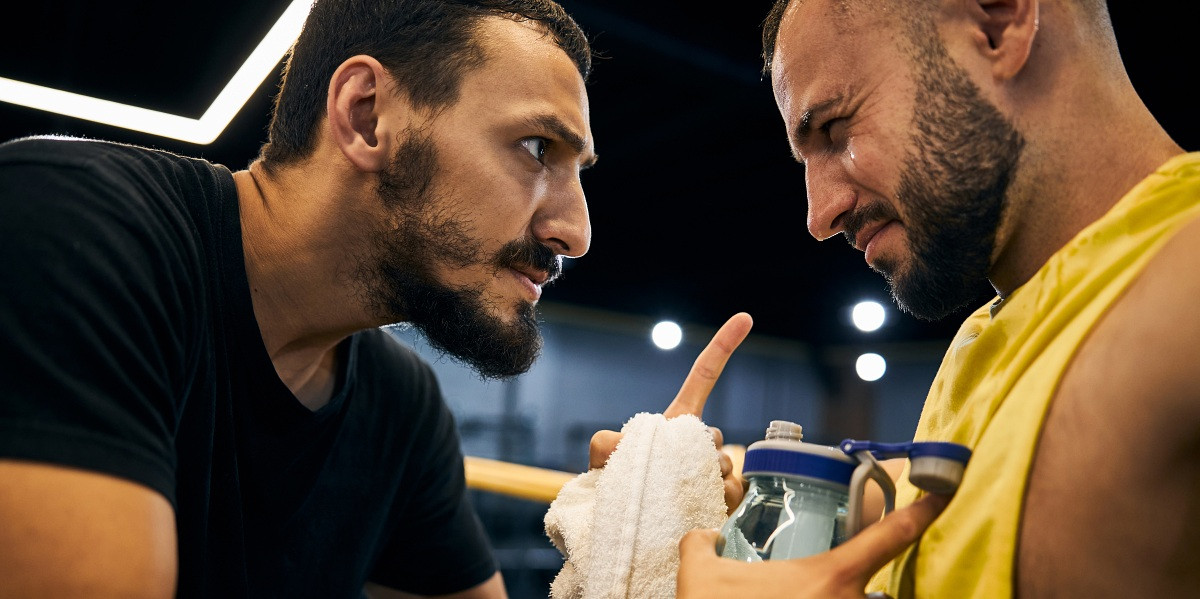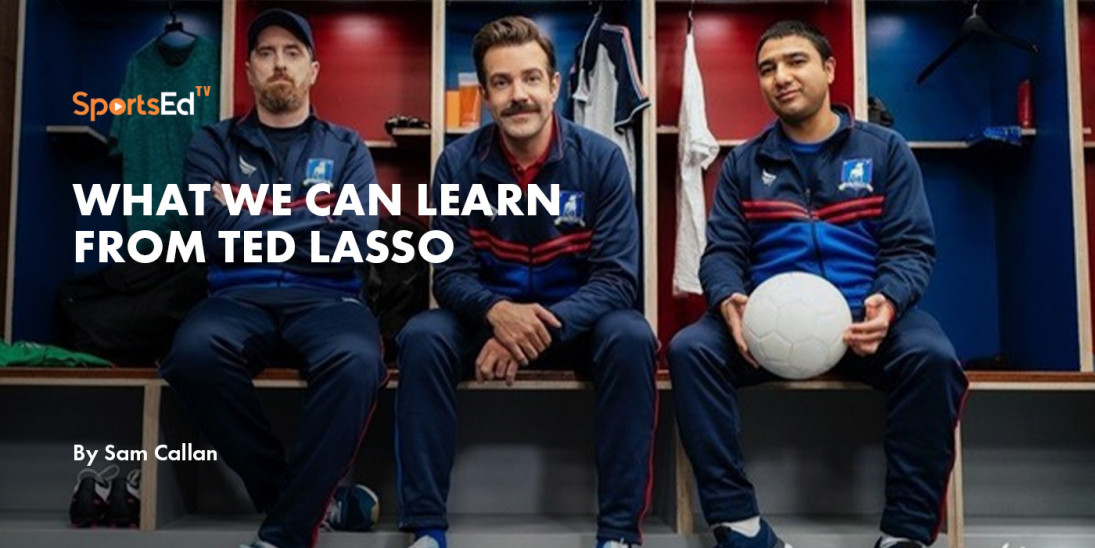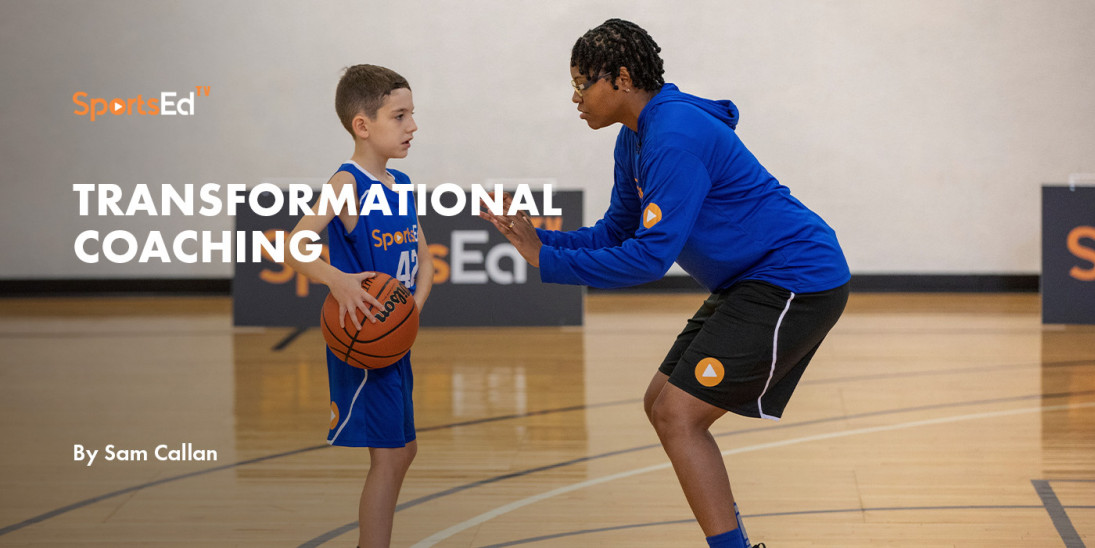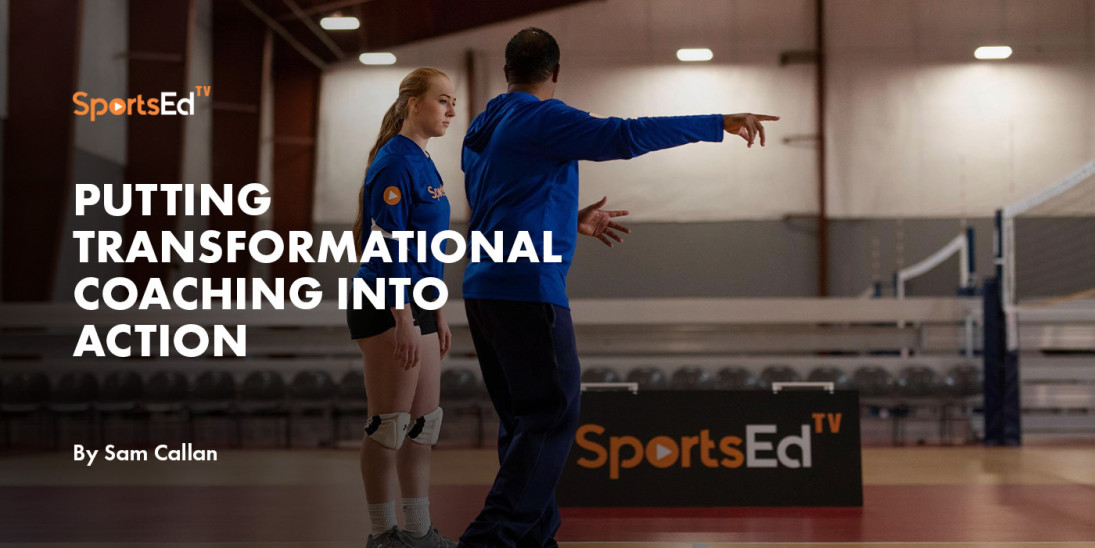Mental Health
Welcome and thanks for visiting...

How Compassion Can Cure the Youth Sports Crisis

As an avid podcast consumer, I came across episode 444 of the Freakonomics podcast “How Do You Cure a Compassion Crisis?” that struck a chord. The episode deals with improving health outcomes and patient satisfaction ideally in low-cost ways. The gist is that doctors who are compassionate and empathetic have patients who have better outcomes and also save hospitals money; one of the benefits that the researchers did not count on was finding that when doctors are compassionate and empathetic, THEIR risk of burnout decreases, and their job satisfaction improves.
Doctors enter their profession to help others, but quickly find that they spend a lot of time doing data entry and not interacting with patients. On a recent doctor’s visit, I noticed my doctor spending a lot of time typing my responses into a computer. As Atul Gwande, MD notes, he feels like a glorified data entry technician at times.
When asked what they considered to be most important in a doctor, 85 percent said being treated with dignity and respect, 27 percent said trained being at the best medical schools, and 58 percent said lots of experience.
In studies reported on the podcast, there were measurable physiological changes when a patient was treated with compassion by the doctor. There were also other positive outcomes like better blood glucose control in diabetics. A patient feeling compassion from a doctor also reported fewer symptoms of depression and anxiety; for a coach having a less anxious athlete is probably going to be better for performance.

A finding presented in the podcast was a disconnect in how compassionate the doctors rated themselves and how compassionate the patients rated them. When asked if they provided compassionate care, 78 percent of the doctors responding said yes, but when the patients were asked if their doctor was compassionate just 54 percent responded in the affirmative.
Many coaches when asked why they coach will respond with something like “I want to make a difference” or “I want to help others”. Many coaches had a great sports experience and want others to also have a great experience. Yet, we see the statistics on youth sports dropout rates (around 70% according to Project Play) and it is clear we have a crisis. If we want an outcome of keeping kids in sports for as long as they would like, then we are in a crisis.
The doctors featured in the podcast noted that compassion is as simple as being present. Being present means turning away from the computer monitor and facing the patient. If you have been to a doctor recently, the doctor may often spend a lot of time typing responses into a computer terminal or on a tablet.
Positive outcomes for athletes can range from staying involve in sport for as long as possible even if one’s role changes (athlete to coach and/or administrator) to reaching the highest level of sport. Being compassionate and empathetic as a coach can increase the odds of these positive outcomes perhaps in the same way a compassionate doctor’s patients can have better health outcomes.





